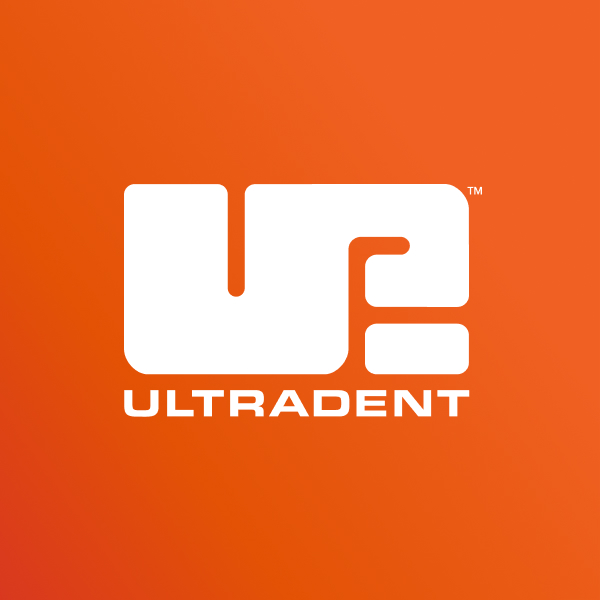When was the last time you thanked your dental hygienist? If you never have, consider the duties these incredibly detailed-oriented, educated, patient, and in many cases, strong-stomached, people do for us, our children, our parents, and our grandparents.
Each and every day, hygienists deal with things most people couldn’t imagine in their worst nightmares. They remove deep calculus and stubborn plaque from patients who refuse to brush more than two or three times a week, they smell patients’ terrible breath, they get attitude from their patients every time they have to once again (for the millionth time) remind them that they need to floss, they clean patients’ teeth who ate lunch on the way to their appointment, and they deal with body odor, vomit, kids throwing tantrums, patients coming in with a cold, flu, a terrible cough… the list goes on and on! That doesn’t even cover the risk of radiation exposure, risk of hearing loss from loud equipment vibrations, eye strain, or the continued neck, shoulder, hand, and wrist soreness that hygienists often experience after seeing upwards of ten patients a day.
Hygienists often encounter push-back or
apathy when it comes to educating
their patients about hygiene
Kenz Tullis, a Registered Dental Hygienist, related that one of her biggest frustrations is when she “explains something to a patient, and then as soon as the dentist walks in, the patient asks the same question again…like the patient doesn’t believe me because I’m not a dentist!”
It would be an understatement to say that these dedicated people are oral healthcare heroes. What keeps them coming back after confronting these very common challenges day after day?
Despite her occasional frustrations, Kenz Tullis was quick to add,
Despite her occasional frustrations, Kenz Tullis was quick to add,
“I love the satisfaction of getting that perfect click of calculus off, and seeing the improvements after doing an SRP [scaling and root planing]. I love what I do!”
Julie Thornton, a Registered Dental Hygienist says, “I have been practicing dental hygiene for 26 years now. I have seen all kinds of patients and to be honest, I love the diversity of all of them! I’ve had those who gag and spit, flinch and jump, those with invasive tongues, and bottom lips that won’t budge no matter what method you try. You just have to smile and do the best job you can in spite of the circumstances. But nothing beats the feeling you get when you help the patient with heavy calculus buildup and bleeding gums, and then see them three months later with healthy mouths, knowing you are the one that helped them achieve that. That’s the reward.”
Julie Thornton, a Registered Dental Hygienist says, “I have been practicing dental hygiene for 26 years now. I have seen all kinds of patients and to be honest, I love the diversity of all of them! I’ve had those who gag and spit, flinch and jump, those with invasive tongues, and bottom lips that won’t budge no matter what method you try. You just have to smile and do the best job you can in spite of the circumstances. But nothing beats the feeling you get when you help the patient with heavy calculus buildup and bleeding gums, and then see them three months later with healthy mouths, knowing you are the one that helped them achieve that. That’s the reward.”
Another RDH, Lindsay Mellor Richmond, says, “I work in a pediatric dental office and I love when I am able to help a scared child feel more comfortable and help them through a scary situation so they can get the treatment they need.”
Soothing patients’ fears, building
relationships, and improving patients’
oral health are why hygienists keep
doing what they do
relationships, and improving patients’
oral health are why hygienists keep
doing what they do
Katherine Hawkins High, RDH, adds, “I had a patient with major immune system problems who told me I had saved her life after we got her SRP completed and the massive swelling in her lymph nodes went away.”
Julie Thornton summed up why she continues doing what she does best, saying, “The relationships I’ve built through the years with my patients can’t be traded.” She then added with a laugh, “The hours and salary help, too.”
Indeed, without hygienists and their care, patience, attention to detail, and remarkable skill, there’s no doubt our country and the world would be in an oral health crisis. They are the ones who educate, clean, followup, and arguably take the most time with patients to discuss prevention or perform preventative procedures. These include fluoride varnish treatments like Ultradent’s Enamelast® fluoride varnish and sealants like Ultradent’s UltraSeal XT® plus sealant and UltraSeal XT® hydro sealant.
Julie Thornton summed up why she continues doing what she does best, saying, “The relationships I’ve built through the years with my patients can’t be traded.” She then added with a laugh, “The hours and salary help, too.”
Indeed, without hygienists and their care, patience, attention to detail, and remarkable skill, there’s no doubt our country and the world would be in an oral health crisis. They are the ones who educate, clean, followup, and arguably take the most time with patients to discuss prevention or perform preventative procedures. These include fluoride varnish treatments like Ultradent’s Enamelast® fluoride varnish and sealants like Ultradent’s UltraSeal XT® plus sealant and UltraSeal XT® hydro sealant.
Ultradent's Clinical Dental Hygienist, Carol Jent, says, "Fluoride varnish and dental sealants—once considered preventative treatments for kids—have become just as important for adults, and the impetus for these extra measures of care lies with the dental hygienist." Jent adds,
"I believe that if we, as hygienists, can at least educate our high-risk patients on why sealants and varnish are so important for adults, we can make a difference. It's up to us to determine who needs these treatments the most, and who is considered high-risk. These include, but aren't limited to, adults with poor dental hygiene, eating disorders, adults who receive infrequent dental care, or who have alcohol or substance abuse issues."
The power that hygienists, combined with the right treatment protocols, have to make a difference in both the oral and overall health of children and adult patients alike cannot be overstated.
In honor of National Dental Hygiene Month, we say to all hygienists from the bottom of our hearts (and clean mouths), we thank you and we salute you!
Learn more about Ultradent’s hygiene product line











